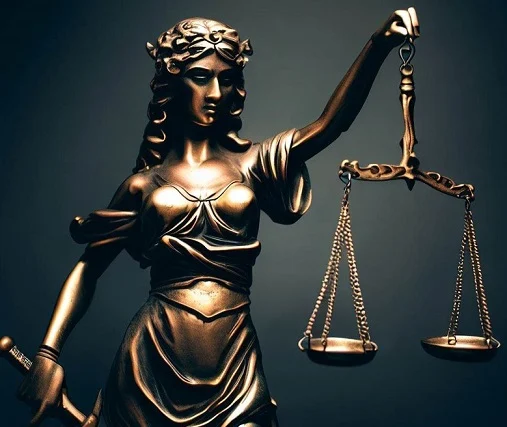GOOD MORNING FROM LONDON
WHAT IS BIAS IN ARBITRATION?
This fictitious Belgian/Israeli dispute is to be determined by Arbitration in the UK and is subject to the 1996 Arbitration Act. S 33 of the Act requires that the arbitration Tribunal “acts fairly and impartially as between the parties, giving each party a reasonable opportunity of putting his case and dealing with that of his opponent, and…”
This is unusual territory for arbitrators. Why? Because issues of fairness, impartiality and bias rarely involve the political opinions of a member of the Tribunal. Usually, fairness issues have to do with disputes where an arbitrator might have had a financial relationship with the party that appointed her/him, or a previous romantic relationship with a senior director of one of the parties which lingers, or where the arbitrator has moved on in business and is now a commercial competitor of the party that has not appointed him. When situations such as these arise, the normal procedure is for the lawyers for the complaining party to write to the Tribunal inviting the complained-of arbitrator to stand down. Sometimes an arbitrator will withdraw and be replaced by another appropriately qualified arbitrator and, sometimes, the arbitrator will stand his ground and refuse to withdraw. So what happened in this case?
Word has seaped out that there was a lively lunchtime conversation among a group of arbitrators at the IET Training Day and details of the exchanges have reached the ears of WXYZ, the law firm representing the IsraeIi defendant. This prompts the law firm to write to the Tribunal, with a copy to ABCD and to the IET, referring to the lunchtime incident, identifying Mr Stallard as a person who expressed firm critical views of Israel and the country’s role in the current crisis. The letter accepts that Mr Stallard is entitled to his views but such views, say the lawyers for the Israeli company, are inconsistent with an arbitrators S33 duty of impartiality and, accordingly, the lawyers conclude with a request that Mr Stallard stand down from the arbitration.
In Episode 3 I will refer to recent guidance from the Supreme Court on the issue of bias. The case before the Court in the guidance concerned a quite different issue of bias namely whether the frequency of appointment by a particular party could raise concerns of apparent bias or otherwise create doubts about a lack of impartiality. That issue does not arise in these Episodes but the guidance given by the Supreme Court is helpful in deciding whether Mr Stallard should stand down because of presumed bias arising out of his strong criticisms of Israel.
EPISODE 3 – WHAT GUIDANCE DOES THE SUPREME COURT PROVIDE ON THE ISSUE OF BIAS?






0 Comments